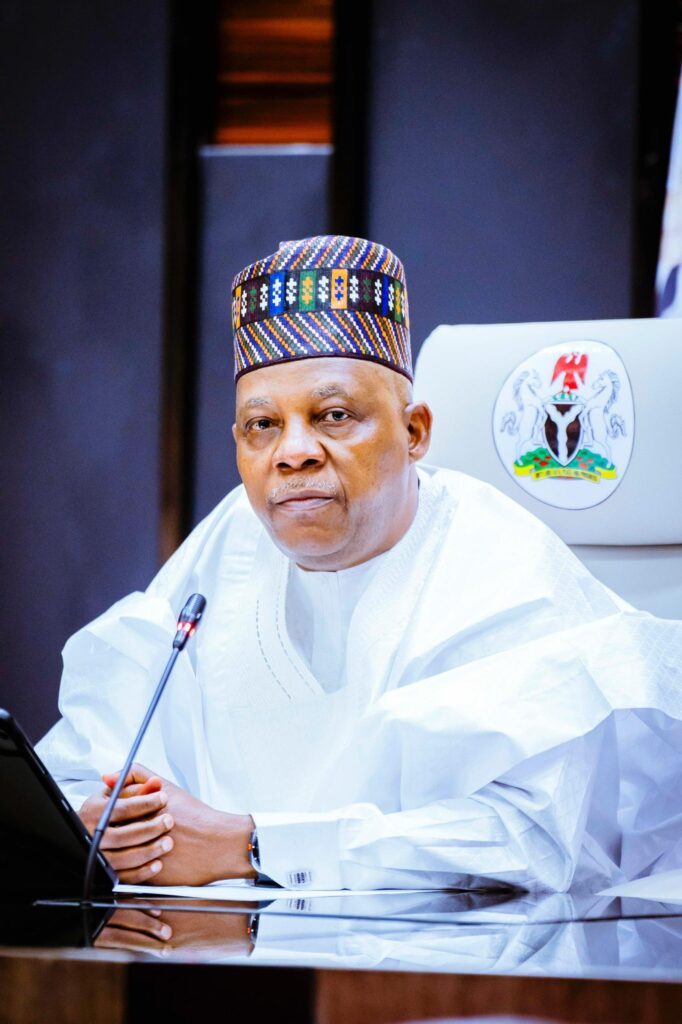
In a significant step toward strengthening Nigeria’s disaster response capabilities, President Bola Tinubu has approved the creation of a new Disaster Relief Fund. Vice-President Kashim Shettima announced the initiative on Thursday at the launch of the Humanitarian Supply Chain Management – Partnership for Localisation Project at the Presidential Villa in Abuja. Represented by Sen. Ibrahim Hadejia, Deputy Chief of Staff to the President, Shettima emphasized that the fund would provide swift assistance to disaster victims nationwide, enhancing Nigeria’s localisation framework.
“Inaction is not an option, and the cost of failing to address these crises at their roots will be devastating,” Shettima remarked. He underscored that the localisation approach is about empowering local actors to create a more inclusive and resilient future for Nigeria. The initiative aligns with the Nigeria Localisation Framework, which aims to tackle escalating humanitarian challenges driven by climate change and global economic shifts.
Mohammed Ahmed, Special Assistant to the President on Special Duties, Emergency, and Logistics, highlighted the need for a “whole-of-government and whole-of-society approach,” urging a participatory model that includes voices from every segment of Nigerian society. This collaborative approach, Ahmed explained, is crucial to advancing the localisation agenda and meeting Nigeria’s humanitarian targets.
At the event, Fritz Institute’s Project Director, Mitsuko Mizushima, focused on the role of supply chain management in humanitarian efforts. Mizushima announced that over 25,000 people have completed the Institute’s free, standardized training in supply chain management. “This project is designed to give local people a seat at the table,” she noted.
Dr. Mairo Mandara, Chief Adviser to the Government of Borno State on Sustainable Development and Humanitarian Support, discussed Borno’s progress with a human-centered approach to transitioning from aid dependency to sustainable development. “Once we remain focused on our transition plans, we cannot go wrong,” Mandara said, emphasizing the need to align humanitarian efforts with local needs.
In support of Nigeria’s localisation framework, the United States Agency for International Development (USAID) has directed 27 percent of its funding to Nigerian-led organizations, according to Alexis Taylor-Granados, Acting Deputy Mission Director. This shift, Taylor-Granados explained, is part of USAID’s commitment to empowering local communities and institutions to lead change.
Society for Family Health (SFH) Managing Director, Dr. Omokhudu Idogho, also stressed the importance of localisation, noting that strong local laws and manufacturing capabilities are essential for sustainable aid delivery. “With the right capacity, we can transform humanitarian aid delivery in Nigeria,” Idogho said.
The Disaster Relief Fund and localisation-focused strategies demonstrate Nigeria’s commitment to building a resilient humanitarian system, equipping local actors, and strengthening the country’s overall response to crises.
